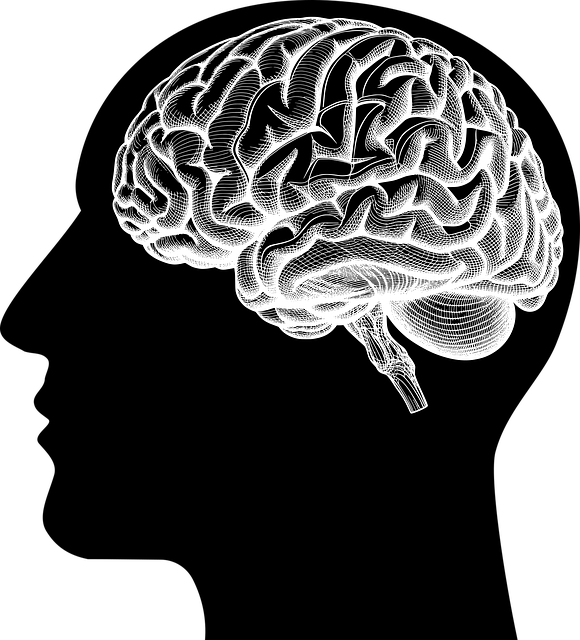Mental illness diagnosis is complex due to subjective symptoms and cultural variations, leading to potential misdiagnosis or delayed treatment. To address this, innovative approaches like Littleton Cognitive Processing Therapy (LCPT) focus on improving cognitive functions, self-esteem, and emotional intelligence, enhancing diagnostic accuracy. By integrating diverse therapeutic methods and considering cultural contexts, LCPT promises improved patient outcomes through tailored treatment plans.
Mental illness diagnosis accuracy is a critical aspect of patient care, with significant implications for treatment outcomes. This article delves into the current challenges and gaps in mental health assessment, highlighting common pitfalls that lead to inaccurate diagnoses. We introduce Litton Cognitive Processing Therapy (LCPT), a novel approach designed to enhance diagnostic clarity and precision through evidence-based principles and techniques. Furthermore, we explore comprehensive strategies, including multidisciplinary team collaboration, advanced tools, continuous training, and patient-centered care, to improve overall diagnostic accuracy in mental health practices.
- Understanding Mental Illness Diagnoses: Current Challenges and Gaps
- – Exploring the complexities of mental health assessment
- – Common pitfalls in diagnosis accuracy
Understanding Mental Illness Diagnoses: Current Challenges and Gaps

Diagnosing mental illnesses accurately is a complex process that faces significant challenges in the current healthcare landscape. One of the primary hurdles is the vast spectrum of symptoms and their potential overlap between various disorders. For instance, depression and anxiety often share similar manifestations, making differentiation difficult for even the most seasoned professionals. This complexity is further exacerbated by the subjective nature of self-reported experiences, which can vary widely among individuals.
Additionally, cultural biases in diagnostic criteria have led to concerns about equitability and accuracy. Different cultures may express mental distress in unique ways, influencing how a disorder presents and potentially leading to misdiagnosis or missed diagnoses. To address these issues, researchers and healthcare providers are turning to innovative approaches like Littleton Cognitive Processing Therapy (LCPT), which focuses on improving cognitive functions and self-esteem improvement, as part of a broader Mental Health Policy Analysis and Advocacy strategy. By integrating diverse therapeutic methods and considering cultural contexts, the goal is to enhance diagnostic accuracy and ultimately improve patient outcomes through effective treatment plans tailored to individual needs.
– Exploring the complexities of mental health assessment

Mental health assessment is a complex process, often involving multiple factors and subjective experiences that can be challenging to quantify and interpret. Traditional diagnostic methods rely on self-reported symptoms, clinical interviews, and standardized questionnaires, but these tools may not always capture the nuances of an individual’s mental state, especially when dealing with complex or subtle conditions. For instance, Burnout Prevention strategies, which have gained prominence in recent years, require a delicate balance between understanding emotional intelligence and recognizing underlying cognitive processes.
One innovative approach gaining traction is Littleton Cognitive Processing Therapy (LCPT), a therapeutic method designed to delve into these cognitive intricacies. By focusing on the way individuals process thoughts and emotions, LCPT aims to address root causes rather than merely managing symptoms. This therapy encourages patients to explore their unique mental landscapes, fostering a deeper understanding of their experiences. Coupled with Public Awareness Campaigns Development efforts that highlight the importance of emotional intelligence, such therapeutic interventions promise to enhance diagnosis accuracy and improve overall mental health support.
– Common pitfalls in diagnosis accuracy

Diagnosing mental illness accurately is a complex process, often plagued by several pitfalls that can lead to misdiagnosis or delayed treatment. One significant challenge lies in the subjective nature of symptoms; individuals may describe their experiences differently, making it hard for therapists to interpret and diagnose effectively. For instance, what one person perceives as persistent sadness could be interpreted as irritability by another, leading to varying diagnoses despite similar underlying issues.
Additionally, many mental health conditions share overlapping symptoms, adding complexity. Therapists must carefully consider these similarities and differences to arrive at an accurate diagnosis. Effective strategies like Littleton Cognitive Processing Therapy (LCPT) offer valuable tools for navigating these challenges. By fostering coping skills development and empathy building strategies, LCPT aids individuals in understanding their thoughts and emotions, promoting self-reflection and improving therapy outcomes. The therapy also incorporates Mind Over Matter principles to empower clients, enabling them to challenge negative thought patterns and embrace healthier perspectives.
Mental illness diagnoses, though crucial for effective treatment, face significant challenges. By understanding the complexities of mental health assessment and addressing common pitfalls, we can enhance diagnostic accuracy. Initiatives like Littleton Cognitive Processing Therapy offer promising strategies to improve evaluation methods, ultimately benefiting individuals seeking support for their mental well-being. Through continued research and innovative approaches, we can strive for more precise and timely diagnoses.













